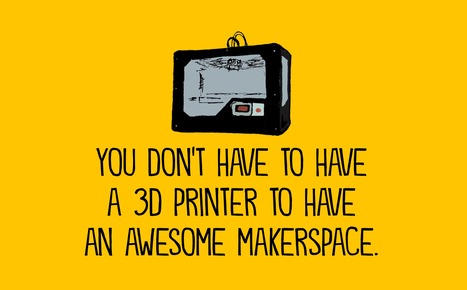"As a consequence of these lessons from Finland, I have often heard people wondering if the quality of their own schools and entire education system would improve if only they had teachers like the Finns have—just as having good teachers has improved schools in Finland, Singapore, and South Korea, for example. There has been a global movement to turn attention to teacher quality and how it might be improved. Indeed, the desire to enhance teacher quality comes from the lessons learned from education systems that score high on international student assessments.
Each of these successful systems has managed to create a
situation where teaching is regarding by young people as an interesting career choice. Most teachers in these countries spend most of their working lives serving schools. From the international perspective, however, there are three myths related to teacher quality and school improvement that often steer education policies in the wrong direction in countries where the teaching profession has declined in status (Sahlberg, 2013)"



 Your new post is loading...
Your new post is loading...











